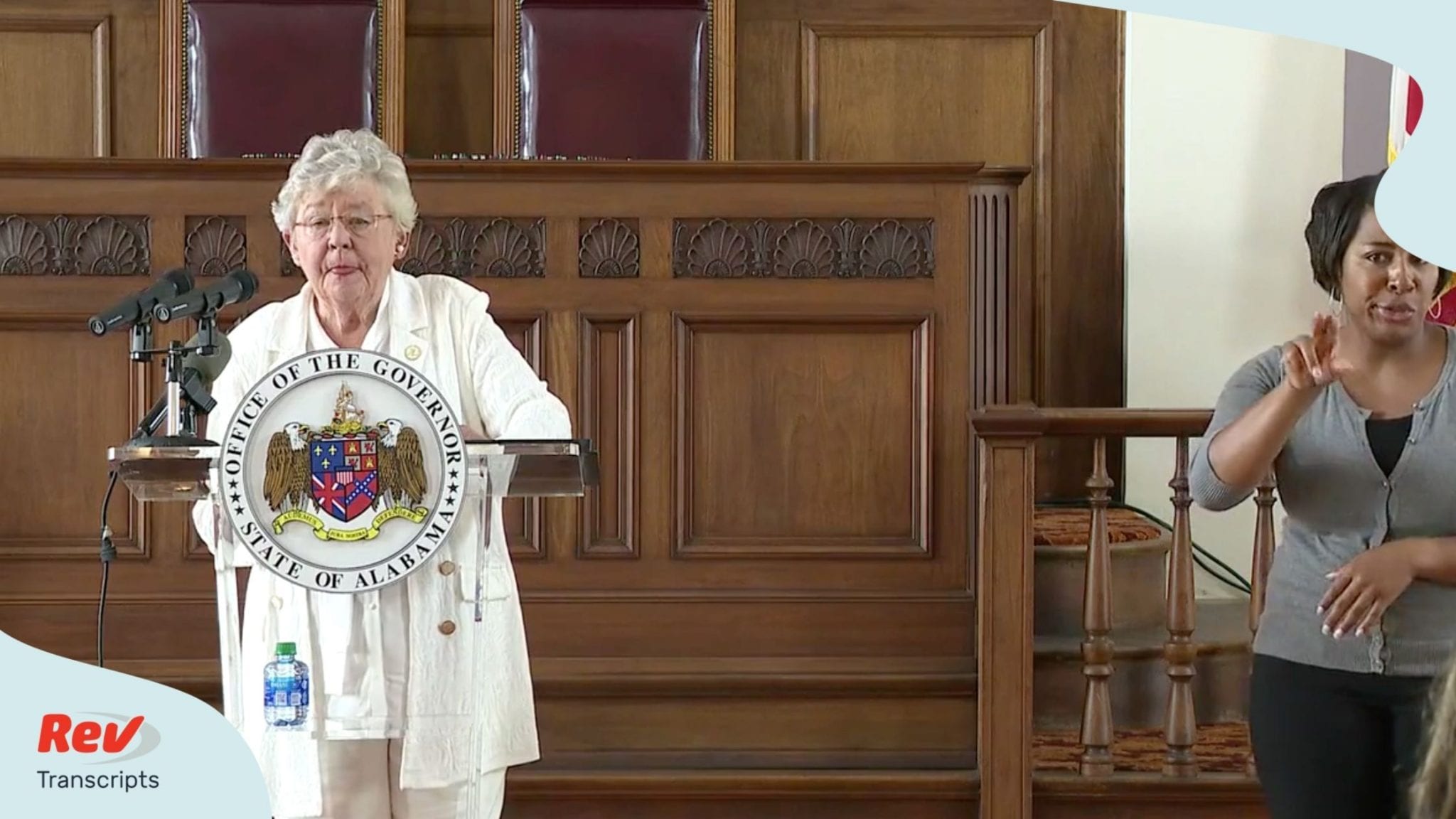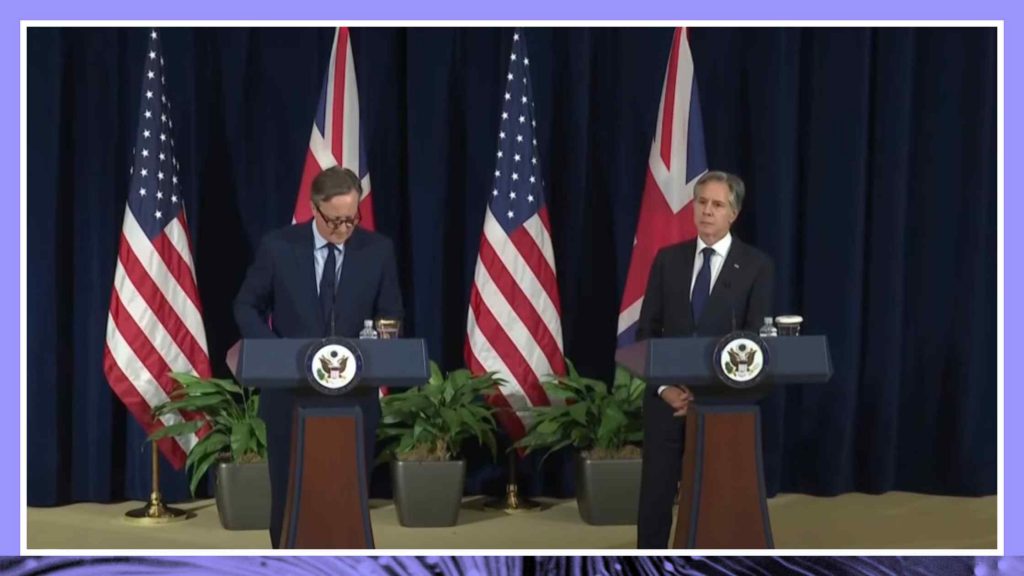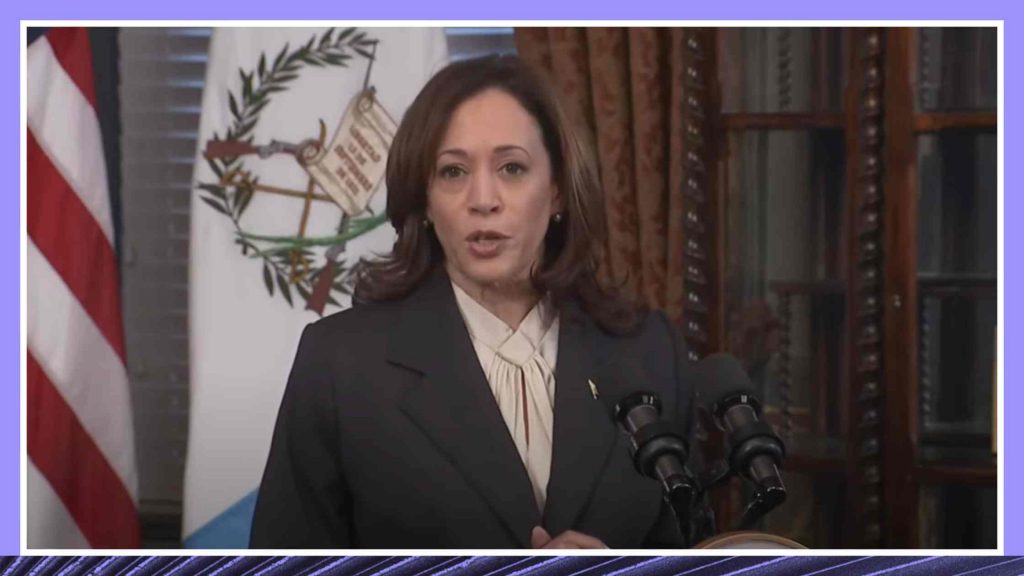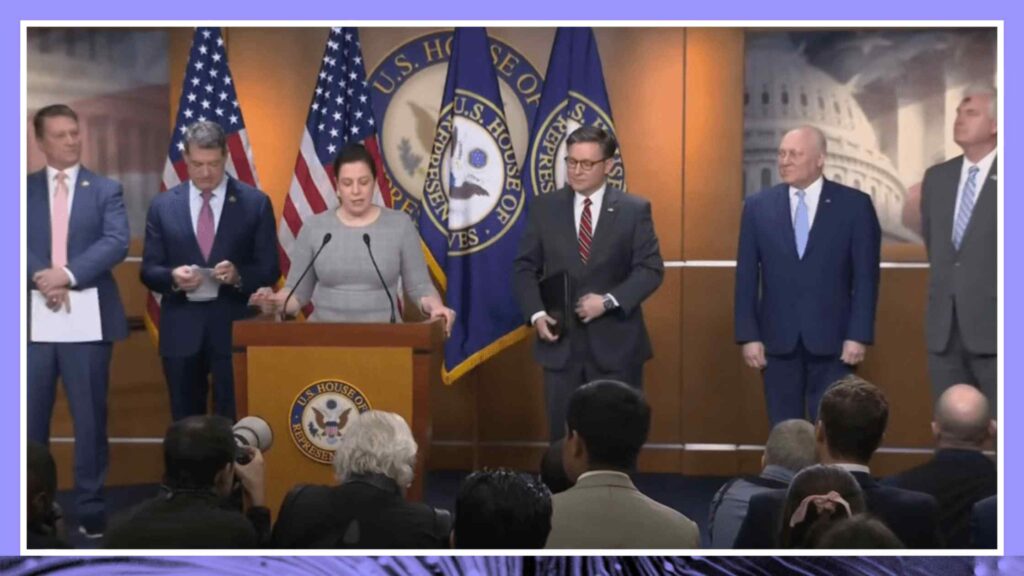Jul 29, 2020
AL Governor Kay Ivey COVID-19 Press Conference July 29

Alabama Governor Kay Ivey held a press conference on July 29. She spoke about John Lewis and extended the statewide mask order. Read the full transcript here.
Transcribe Your Own Content
Try Rev and save time transcribing, captioning, and subtitling.
Governor Kay Ivey: (00:02)
Well, good morning, everyone. Because our safer at home or expires this Friday, July 31st at 5:00 PM, Dr. Harris now here once again to provide an update to the current order, as well as to what changes will take place going forward. After my remarks Dr. Harris will provide the latest COVID-19 numbers of Alabama, as well as where we are in our efforts to try to contain this disease by reducing its transmission, treat it the best we can, and hopefully get this virus behind us one day in our rear view mirror. That day can’t come too soon.
Governor Kay Ivey: (00:49)
Before we get to the updates today, I think it’s only fitting that we make a few comments on the passing of a true Alabama civil rights icon, John Lewis. Since his death so much has been written and said about Congressman Lewis, it’d be hard to add much more to his incredible story and his truly inspirational life. But I, for one, was very pleased that our state led the nation in giving Congressman Lewis and appropriate and, I think, a very fitting sendoff for a life well lived and a true example of service above self. Whether it was when his horse drawn carriage paused atop the Edmund Pettus Bridge, resting on the red rose petals that contrasted with his own blood that was shed some 55 years ago, or having our state’s troopers stand and salute as the Congressman passed over the bridge for one final time, Alabamians came from all parts of the state to pay their final respects to this proud son of Alabama, native of Troy.
Governor Kay Ivey: (02:13)
We are grateful to the Lord that we had him for as long as we did. And our thoughts some prayers continue with him and his family and friends and all the lives that were touched because of John Robert Lewis. May he rest in peace.
Governor Kay Ivey: (02:33)
Today, with the support of Dr. Harris, I’m extending our current safer at home order until the end of August, with a few minor modifications, which I’ll explain in just a minute. These decisions are not easy and they’re certainly not fun, and there’s no way in the world you’re ever going to make everybody happy 100% of the time. But one thing is for sure, tough decisions are a lot easier to make when you’re on the sidelines than when you are actually in the arena.
Governor Kay Ivey: (03:12)
Now I’ve said many times, since my very first press conference back when we were all still learning how to pronounce coronavirus, that when you’ve been elected governor, you’ve got to try to do the right thing, not necessarily the most popular thing. And there is such a fine balance, as we have discussed countless times, in factoring both the human health as well as economic health into the equation. And as I’ve said before, my administration and I have made our share of mistakes during this pandemic, but our goal has always been to make more good decisions than bad, hopefully leading to more positive results along the way. As for today’s new order, this would include extending our statewide mask ordinance through August 31st. And while no one enjoys wearing a mask, I’d be the first to tell you that because of the help and support we’ve gotten from our friends in retail and business, I believe we are making progress in this arena.
Governor Kay Ivey: (04:19)
We just must remain vigilant if we’re going to get our kids back in school and keep our economy open, and wearing a mask can’t hurt, but it sure can help. And more and more people are seeing this for what it is, a way to protect yourself as well as to protect the others that you work with, come in contact with, care about, and those you even love. And speaking of our schools, I want to encourage every superintendent, every principal, every teacher, and every parent who’s listening, we don’t have the luxury of not getting our young people back in school. While I respect those districts that have elected to go to virtual classrooms, I feel with all my heart that a slide will come by to keeping our kids at home, especially if there are other options. And that slide is likely to have a dramatic, negative impact on Alabama’s future, our young people.
Governor Kay Ivey: (05:29)
So here’s a challenge to all of our school districts and each of our schools around the state, nothing is set in concrete. And if the COVID-19 situation in your community or counties permits, you should be looking to phase back into in person classroom participation, if at all possible. Now, while a majority of safer at home order will remain the same, there’s one addition to this order that will impact those schools providing in class instruction. They will now be required to wear a mask whenever practical, from second grade through college. We know that with all the responsibilities of being a teacher, that this can be an added burden to require that a mask be worn. But just as we have focused on creating a safe and healthy environment for our students, it’s also important that we take care of our teachers as well.
Governor Kay Ivey: (06:29)
Other than our parents, one of the most important persons in a child’s life is the teacher of that child. And many of our students and their families rely on school for more than just classroom activities. School is a safe place where many of our children get their healthiest meal of the day and where they are loved and encouraged, as well as taught. As a former school teacher myself, and as president of the State School Board, I’m telling you we need to do everything we can to get our kids back in the classroom as soon as possible. As Dr. Harris makes his way up to the microphone, let me again thank the people of Alabama for your understanding, for your patience, for your support and your willingness to help us get through these difficult days.
Governor Kay Ivey: (07:21)
Dr. Harris,
Dr. Harris: (07:29)
Thank you very much, Governor. Good morning, everyone. Thank you for being here. Let me just briefly give you an update on where we are in Alabama. As of this morning, we are at 81,687 confirmed cases so far. More than 22,000 of those have been confirmed just in the past two weeks. We added about 1,345 cases yesterday. I think there’s a question as to whether we maybe are flattening out a little bit over the past three to four days. Although I think it’s a little early for us to say that, I would say over.
Dr. Harris: (08:27)
… actually 1,493 Alabamians have died.
Dr. Harris: (09:13)
… around the 4th of July. I will say we’re at around 10,000 total hospitalizations since this response began back in March. And interestingly, more than 5,000 healthcare workers have been infected in doing their duty to take care of other Alabamians who were sick. So that continues to be a significant issue for us.
Dr. Harris: (09:35)
I want to say thank you to Governor Ivey for extending this order. I think that’s absolutely the right thing to do. I fully support that. I’m very aware that many people don’t like the idea of having to wear a face covering, and certainly I don’t either. And I know people don’t like being told what to do and I don’t either. But I do believe that it’s the right thing to do. I know early on.
Dr. Harris: (10:00)
… personally gave some of those because we were just trying to give the best evidence that we had at the time. But today there’s no argument about whether these are effective. Physicians and public health officials and medical researchers all have a consensus that this is the best tool that we have right now for preventing transmission of disease, short of everyone being locked in their house, which we certainly don’t intend to see.
Dr. Harris: (10:27)
So please, let me ask all Alabamians to continue to wear these. I’ve been so encouraged to see so many people who are wearing these and who are following the rules that we would like for them to follow. As we begin to move towards school reopenings it’s going to be more important than ever that people will be willing to wear face coverings. If we want our schools to minimize the number of cases they have and minimize outbreaks and the risk of closing again, we really need people to cooperate with continuing to wear face coverings. It’s really more important now than ever. We still have several months to go, at least, I think in this outbreak. And we know we’ll get through it on the other side eventually, but we all need to work together and cooperate and pull together in order to do so. Thank you very much, Governor Ivey.
Speaker 3: (11:18)
The governor will open this up for a few questions.
Governor Kay Ivey: (11:18)
Brian.
Brian: (11:26)
Governor, given what Dr. Harris said about these numbers not being encouraging, did you consider additional business restrictions or business closings like April? And what was your thinking like at your decision on that front?
Governor Kay Ivey: (11:40)
The bottom line is we just simply do not need to close our businesses. If at all possible we need to keep our people being able to earn a good livelihood, keep the economy going. Because without a good livelihood, you can’t have much of a life.
Governor Kay Ivey: (12:00)
Jen.
Jen: (12:00)
This is for Dr. Harris. Is there a certain threshold that you’re looking at that when hospitals reach a certain number, you said these are as high as we’ve seen them, what would encourage you to go to the governor and say, “We may need to put a few more protections in place because our hospitals are reaching their maximum point.”?
Dr. Harris: (12:18)
Yeah, I would say I don’t really have a hard number in mind to serve as a trigger, but it’s a consolation of a lot of things. The numbers going up is certainly of concern, but also it really matters how hospitals are able to handle that. Right now they are managing the handle that surge. They have ways of creating that space internally. They certainly always have the ability to limit the elective things done in hospitals that they need to create space. We’ve talked to many of them about considering doing that. We have continued to work with hospitals about the possibility of setting up alternate care sites as well, which would be sort of pop up hospitals outside of the usual hospital setting.
Dr. Harris: (12:59)
We have a group that we’re working with through the Alabama National Guard that’s going to assess sites on that around the state, in different locations. We’ve had some individual requests from communities about how they access federal funding to do that and so we’re in the process of doing that as well. So I think all of those factors have to be considered, it’s not just a single number, but a lot of different things.
Governor Kay Ivey: (13:23)
Yes, sir?
Speaker 6: (13:28)
[inaudible 00:13:28] I’m sorry. We have a few sheriffs that say they’re not going to enforce these mask ordinands. Your comments on that and what would you say to those law enforcement agencies that say that they’re not going to force their residents to follow this order?
Governor Kay Ivey: (13:40)
Well, the purpose of the masked mandate was not to penalize people, but to inform them of the urgency and the importance [inaudible 00:13:51] can help provide as we slow down this pandemic. So we’re not worried about that. And there’s police chief down at Spanish Fort I believe, that’s using this as an opportunity to inform people. And anybody who needs a mask, he gives them, so it’s a cooperative arrangement.
Speaker 3: (14:13)
All right. We’ve got time for a few more questions.
Governor Kay Ivey: (14:13)
Go ahead.
Speaker 7: (14:14)
Governor, you said you would like to see students back in the classroom as soon as possible. Some teachers are expressing concerns about their possible safety because adults are typically more at risk than students. What would you say to those teachers?
Governor Kay Ivey: (14:30)
When everything’s got to be done at the local level decisions made in that regard. Certainly we want our teachers to be safe, as we do our workers at the schools, and much less students. So it’s a work in progress and we just got to use good, common sense. And for those schools that are going virtual, say, for the first nine weeks, my message to them is to do all you can. And when things began to improve it a little bit, begin to phase back in other students and open up some of your attendance in the classroom in school.
Governor Kay Ivey: (15:07)
Yes, sir?
Speaker 8: (15:09)
This is a question for Dr. Harris. Regarding health inspections for schools. We had a report yesterday that the health department said that in some instance those schools have not inspected out of fear of perhaps spreading virus. As we get schools ready at the beginning or the end of August to reopen, can you guarantee that those inspections will take place? And if not, can you guarantee that those schools are safe and [inaudible 00:15:34]
Dr. Harris: (15:33)
Yeah. And they will take place. Absolutely. The facilities have to be safe for kids to come back to school. We actually are in the process of releasing a toolkit for, not just reopening the physical building, but how to bring kids safely back to school. We’ve been developing in conjunction with the Department of Education and Dr. Mackey, it should be released later this week. We’re doing a satellite broadcast webinar next week on Tuesday, I believe, for all the superintendents around the state, for school nurses and other school officials. So we’ll cover all those things. But clearly those are going to have to be safe facilities to come back to.
Speaker 3: (16:11)
And we’ve got time for one final question.
Speaker 8: (16:14)
Dr. Harris, from a [inaudible 00:16:14] standpoint, when you look at the mask mandates, what would be your interpretation that [inaudible 00:16:28]?
Dr. Harris: (16:22)
I think clearly we want to see a continued leveling out of cases, and eventually a decrease in cases. There are a lot of different factors that kind of make it hard sometimes to have a one to one correlation. We did this and therefore that happened. It’s really difficult to do that, but I think clearly what we’re trying to do is [inaudible 00:16:50] disease. That’s what we most want.
Speaker 3: (17:31)
… follow up to the questions, contact me or the department of Public Health. Thank you so much.
Governor Kay Ivey: (17:31)
Thank y’all so much.
Transcribe Your Own Content
Try Rev and save time transcribing, captioning, and subtitling.






